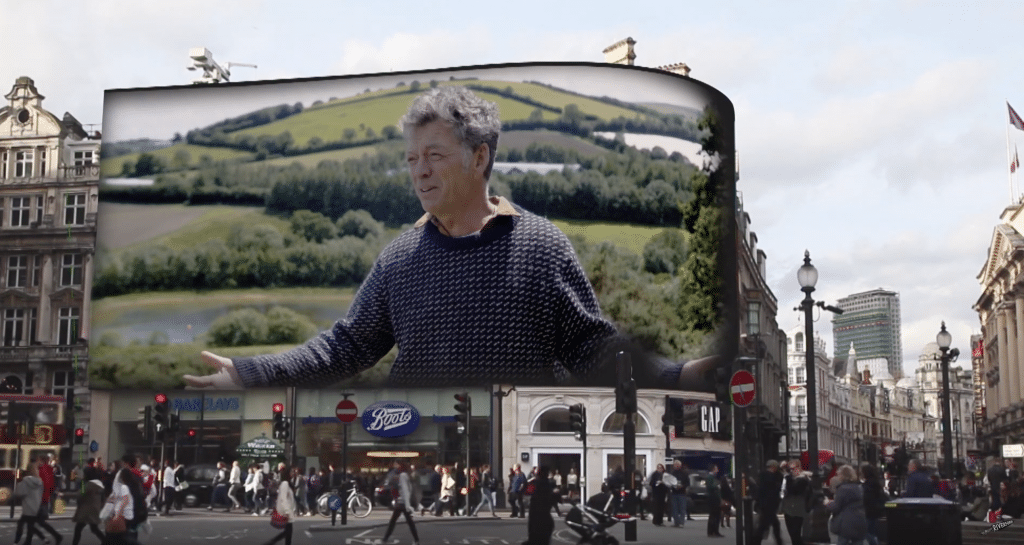Earlier this year Riverford Organic founder Guy Singh-Watson found himself in Amsterdam, where he’d been invited to address the world retail conference. As he sat in the congress hall ‘listening to all the other retailers who seemed to be doing the same thing’ a depressingly familiar theme began to emerge – how brilliantly the market excels at turning us all into ‘passive consumers … of crap’.
In a new video think-piece, Singh-Watson condemns the dominant retail paradigm and warns that we simply cannot rely on the market to solve the big environmental and social problems of the day.
“The paradigm that all those retailers in Amsterdam work to, is that the customer – though they use the word consumer – is king, and we’ve got to run even faster to give them whatever they want, whenever they want it, and wherever they want it.
“They all talk about consumer choice, but there isn’t any choice. Because they’re all copying each other, producing the same stuff in the same way.”
Singh-Watson contrasts the retail industry’s ‘feverish, ever-faster pursuit of consumer choice’ with the growing demands of citizens for ‘real choice’.
“At the same time I was at this congress, Greta Thunberg was addressing Extinction Rebellion’s supporters – people who do want a choice. The choice not to be part of the problem, but part of the solution.”
“The idea that the market can provide answers to things like excessive plastic, or climate breakdown, or a whole host of social issues is almost laughable – it can’t. The market is failing. It isn’t giving people a choice to be part of the solution.”
The market is failing. It isn’t giving people a choice to be part of the solution
A big part of the problem is that people are effectively buying blind. Singh-Watson invokes Adam Smith to make his point: “Smith, the father of market economics, said that markets could only work when there was perfect information. Where everyone knows what they’re buying.”
Today, he says, a food product picked up in supermarket ‘could be made anywhere in the world, in conditions that nobody has any idea about – the welfare of animals, the sustainability of the production system. We don’t have a clue.”
Brands don’t fare much better in Singh-Watson’s estimation, and while he says you can ‘choose a brand’ he also questions what a brand is. “So often it’s little more than a marketing concoction, a myth. So many brands don’t make anything, they don’t grow anything, they’re just an image.
“How are we to get back to something more grounded and honest? I don’t really know. Maybe when people start challenging retailers and brands, asking Tesco for example where Boswell Farm is (they’ll have trouble; it doesn’t exist).
“People are being quietly and passively lied to. That is really what being a consumer is. You end up buying all this crap without ever questioning it.”











